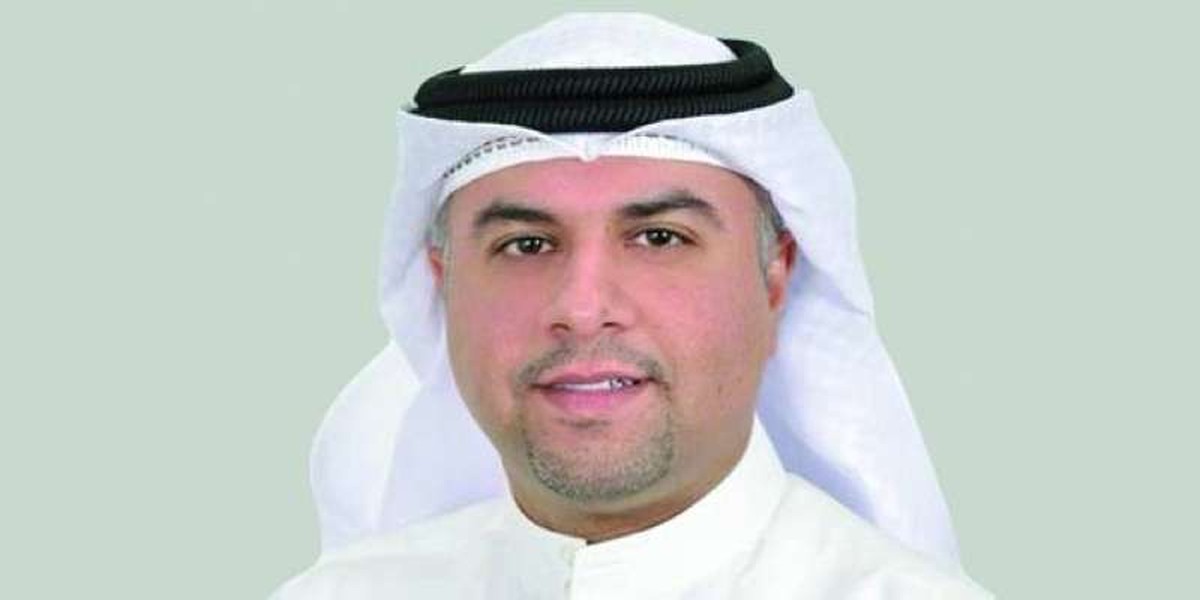20/11/2025
20/11/2025

The draft shows the primary objective of the law is to reduce the growing pressure on the Kuwait Credit Bank in providing traditional government financing by creating alternative financing channels to support the Public Authority for Housing Welfare (PAHW) in meeting housing demands. The law will not directly affect the traditional residential sector or the investment market, in order to avoid disrupting trading activity or driving up prices. The legislature is currently focusing on two main objectives - enabling those eligible for housing assistance to obtain homes quickly through new financing mechanisms, and ensuring that any new legislation does not affect prices or create distortions in the real estate market. The legislative framework will become clear once the law and its implementing regulations are issued.
The Central Bank is expected to prepare these regulations, which will define rules and mechanisms for financing, repayment rates, and loan eligibility criteria. Kuwaiti banks have significant liquidity and high solvency, allowing them to compete in providing financing that benefits citizens while generating profitable returns for the banking sector, creating a three-way advantage for the state, citizens, and banks. The initial draft of the law refl ects the state’s commitment to protecting borrowers by setting borrowing limits based on the citizen’s financial capacity and exempting them from interest, with repayment limited to the principal over a period that may extend up to 25 years.
The draft provides solutions in case of default, including rescheduling installments through negotiation between the citizen and the bank, or the possibility of state intervention, whereby the government purchases the debt and transfers it to the Kuwait Credit Bank. While many GCC countries have successfully implemented effective mortgage laws, directly applying these experiences in Kuwait is not feasible due to the unique nature of the local housing system, which relies on housing welfare and direct government support. Al-Awadhi added that the success of any law in Kuwait depends on achieving a fair balance between the rights of lenders and the guarantees of borrowers, while preserving the social and family stability of citizens.
Meanwhile, Head of the Real Estate Brokers Union Emad Haidar confirmed that mortgages are an important tool in addressing the housing issue but cannot be the sole solution. He stressed the need for a comprehensive system that combines activating the role of real estate developers, providing undeveloped land, and expanding electricity and service infrastructure. Haidar explained that implementing a mortgage system requires a delicate balance between the interests of banks and citizens, ensuring lenders’ rights are respected while protecting Kuwaiti families from arbitrary practices.
This balance cannot be achieved without a clear government guarantee. The participation of the private sector in housing projects has become an urgent necessity, whether in the development of villas or apartments. He highlighted successful local models from before 2008 that could be utilized, along with experiences from other Gulf countries. Haidar emphasized that the re-engagement of banks, financing institutions, the private sector, and Islamic banks in the residential market would significantly stimulate transactions, increase the number of deals, and inject liquidity. He cautioned against potential price increases and a resurgence of speculation in the real estate sector, which is gradually recovering from the 2022 inflation wave and price bubble. Haidar stressed that the aim is not to abolish the mortgage law but to address its prominent shortcomings, particularly regarding guarantees for families in cases of loan default. Furthermore, Lawyer Dalal Al- Mulla described the mortgage and real estate finance law as a pivotal legislative step that is in line with the current needs, particularly given the rising demand for housing and the lack of effective financing tools. She explained that the law’s significance lies not only in providing financing but also in establishing a legislative framework that regulates the relationship between lenders and borrowers, sets clear rules for mortgages, and enhances legal security and confidence in real estate transactions. It addresses a legal gap that was affecting the market, notably the absence of comprehensive legislation regulating mortgages and citizens’ reliance on government financing without a complete legal framework. It will protect both banks and clients from unforeseen legal or financial risks. Lawyer Al-Mulla predicted that transactions will increase after the law’s implementation due to improved purchasing power.
She affirmed that the law’s success depends not only on financing but also on a supporting legislative framework, including a modern and efficient real estate registration system that ensures full legal validity of contracts, clear and rapid judicial enforcement procedures in case of default, and precise property valuation controls to protect borrowers. Lawyer Al-Mulla emphasized that the executive regulations must include clear measures such as the loan-to-value ratio, interest and fee limits, rules protecting private property rights, and the borrower’s right to reschedule installments before any enforcement actions. She stressed the importance of raising legal awareness among citizens on handling long-term contracts and noted that while the law is an important legislative step, its success depends on the executive regulations and strict legal oversight.
In addition, real estate expert Alaa Behbehani stated that financing is a crucial component of the housing crisis, along with land and real estate developers. He explained that addressing the crisis requires simultaneous and coordinated action on all three elements, warning that focusing on only one will complicate rather than resolve the situation. Enacting the mortgage law without completing the other components of the system would inject significant liquidity into the market, potentially driving prices higher


